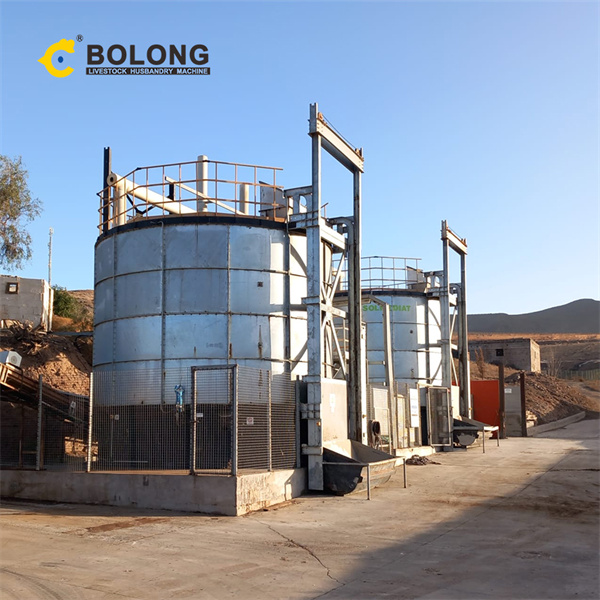Introduction: Education on sustainable agriculture practices is essential for future farmers. Livestock fermentation tanks serve as valuable educational tools in teaching sustainable manure management. This article explores their role in agricultural education.

Hands-On Learning: Fermentation tanks provide students with hands-on learning experiences in sustainable manure management. Students gain practical skills and knowledge on composting processes and environmental stewardship.
Demonstration Sites: Educational institutions can use fermentation tanks as demonstration sites to showcase sustainable farming practices. These sites provide real-world examples of efficient and eco-friendly manure management.
Curriculum Integration: Fermentation tanks can be integrated into agricultural curricula, teaching students about the science and technology behind composting. This fosters a deeper understanding of sustainable agriculture principles.
Case Study: An agricultural college installed fermentation tanks for educational purposes. Students participated in composting projects, learning about nutrient recycling, waste management, and sustainability.

Conclusion: Livestock fermentation tanks play a valuable role in sustainable agriculture education by providing hands-on learning experiences, demonstration sites, and curriculum integration. These benefits support the development of future farmers committed to sustainable practices.